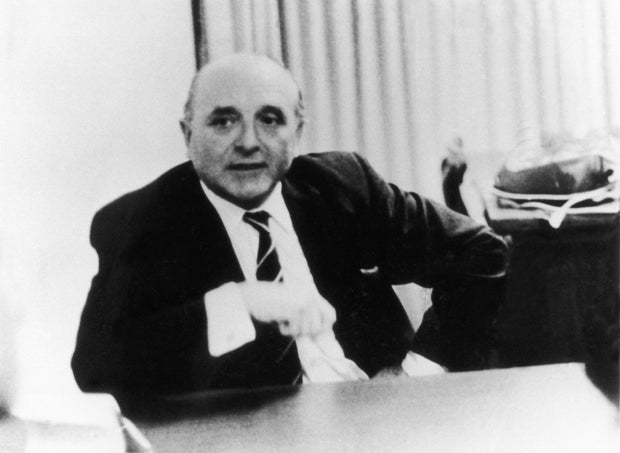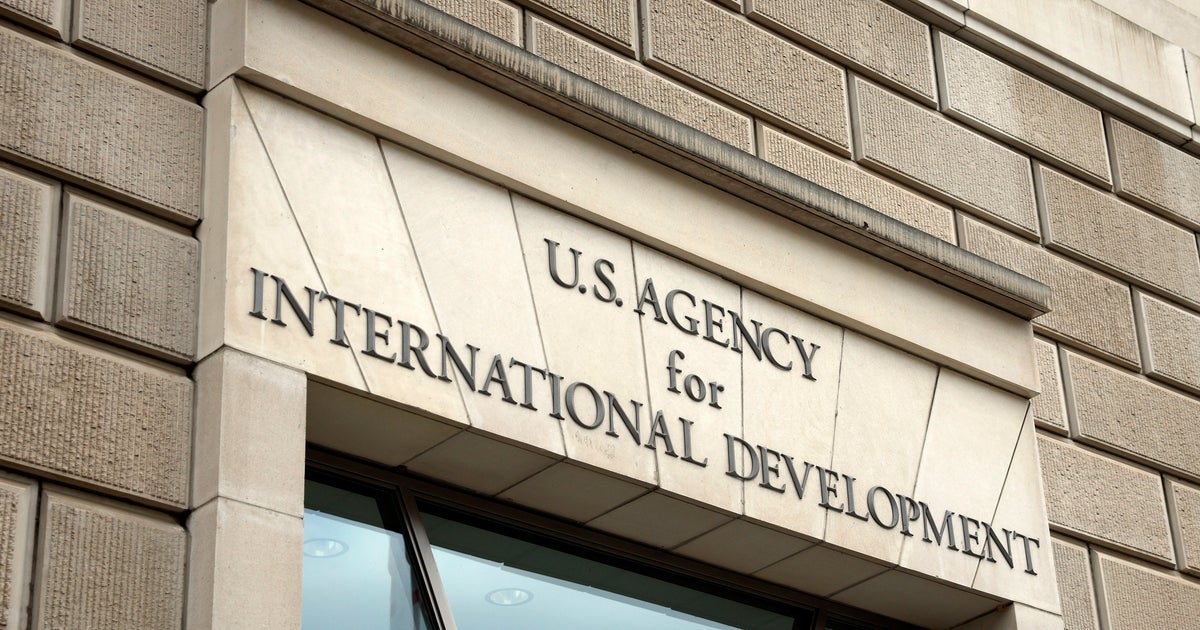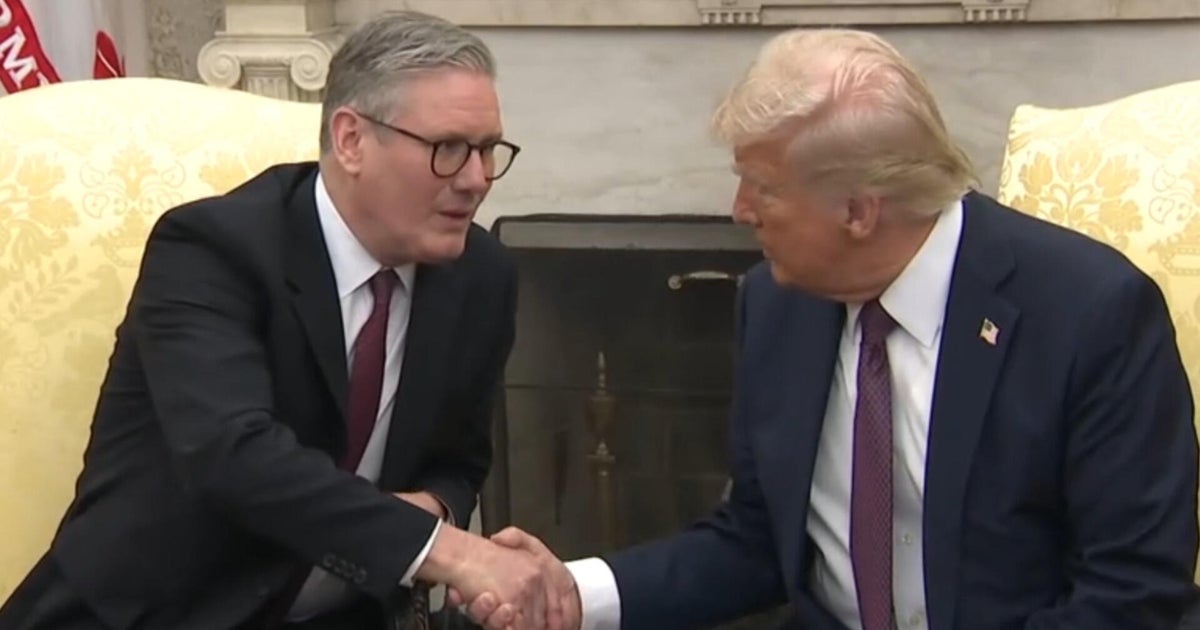Nazi war criminal Klaus Barbie was deeply involved in setting up one of South America's most important drug cartels, according to a report Friday by German news weekly Der Spiegel.
Dubbed the "Butcher of Lyon" for his wartime torture of prisoners, the former Gestapo chief in the occupied French city fled to South America after the end of World War II.
Barbie was eventually arrested after being tracked down by France's most famous Nazi-hunting couple, Serge Klarsfeld and his wife Beate, the BBC reported. He was extradited from Bolivia to France in 1983 and sentenced to life imprisonment in 1987 on charges of crimes against humanity.
Barbie died in prison in 1991.
According to Der Spiegel, Barbie -- living under the alias Klaus Altmann -- became a security adviser to drug baron Roberto Suarez after the two men met in the 1970s.
Suarez's son Gary told the magazine that Barbie was "an important person to my father."
"He knew something about security, military strategy and secret service work," he said.
 Klaus Barbie in Bolivie, circa 1970.
Keystone-France/Gamma-Rapho via Getty Images
Klaus Barbie in Bolivie, circa 1970.
Keystone-France/Gamma-Rapho via Getty Images
Barbie was also active in advising the Bolivian security services, helping set up a death squad for dictator Luis Garcia Meza.
Gary Suarez told Der Spiegel that "Barbie had been deeply involved in the military regimes going back decades."
Barbie had helped "organize the militias that would overthrow the government" in the run-up to the violent 1980 coup that brought Garcia Meza to power.
Among them was a group of neo-Nazi mercenaries called the "Bridegrooms of Death" who had a swastika-clad headquarters called Club Bavaria in the city of Santa Cruz.
After the coup they were deployed to help both crush political opposition and Suarez's rivals in cocaine production.
A CIA dispatch from May 1974 seen by Der Spiegel reveals that the agency's officers already suspected Barbie of involvement in the drug trade, the magazine said.
Roberto Suarez's son-in-law Gerardo Caballero told Der Spiegel that "Barbie helped us a lot, including in working together with Pablo Escobar," the Colombian drug kingpin.
Barbie was recruited as an anti-communist agent by American Secret Services after the war, and the United States later apologized to France for helping Barbie evade justice.
Der Spiegel has previously reported that Barbie was also active as a secret agent for West German intelligence in Bolivia.
The magazine said he was recruited in late 1965 in the Bolivian capital La Paz and given the code name "Adler" ("Eagle").
Jacques Vergés, a French lawyer who represented Barbie, was asked by "60 Minutes" in 2004 how he could represent one of the world's most vile war criminals.
"You must have hated what he represented," correspondent Morley Safer asked.
"I am not able of hating," Vergés responded.
"Even the worst monster you are not able to hate?" Safer asked.
"No. I am curious to understand," Vergés replied. "I am condemning, but I am not hating."





